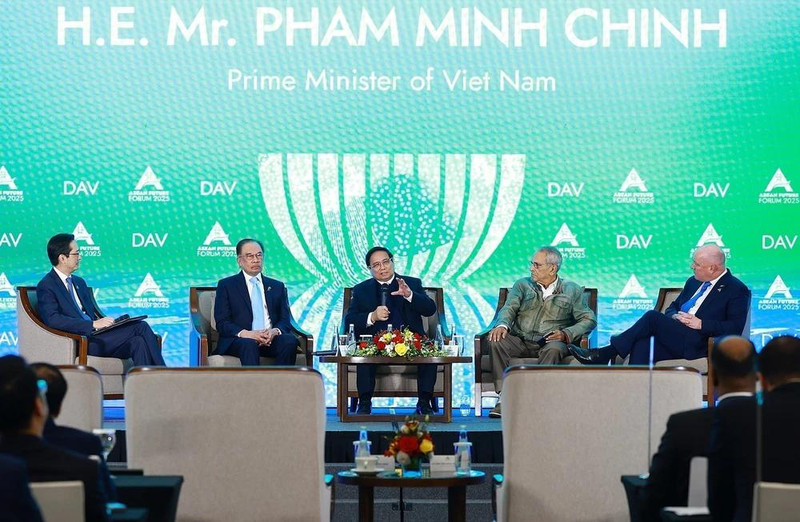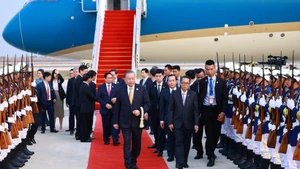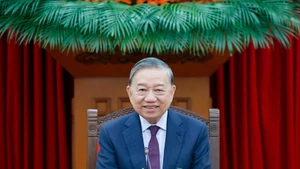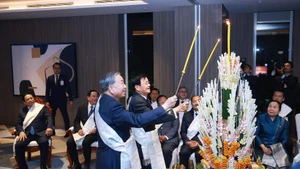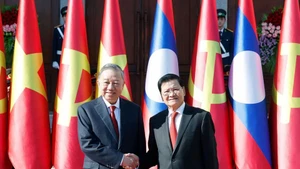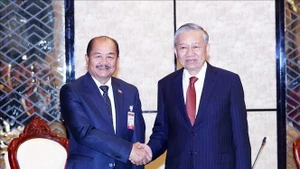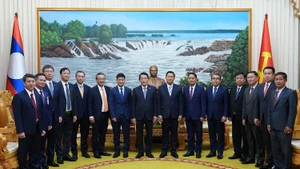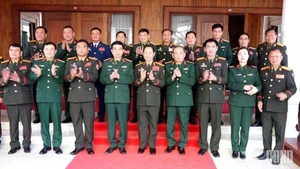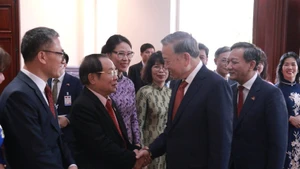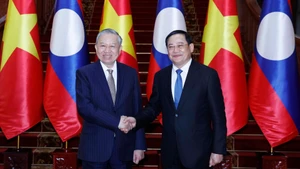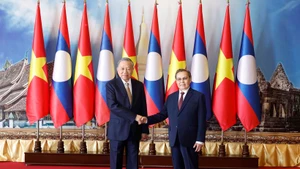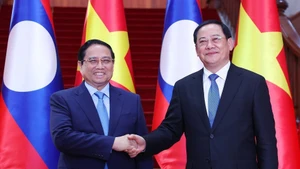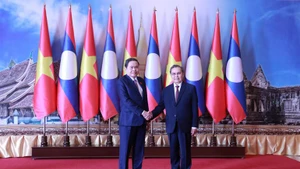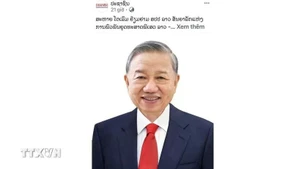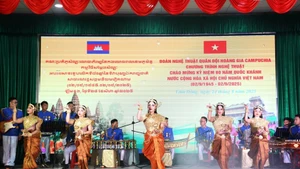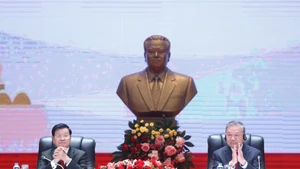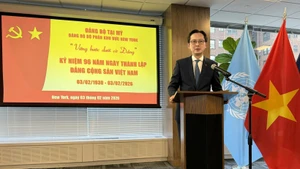The 2nd ASEAN Future Forum 2025 is being held in Hanoi from February 25-26 under the theme “Building a United, Inclusive, and Resilient ASEAN amidst Global Transformations”.
Along with the opening session and five thematic plenary sessions, the high-level plenary saw the attendance of by Prime Minister Pham Minh Chinh; President of Timor-Leste José Ramos-Horta; Prime Minister Anwar bin Ibrahim of Malaysia - ASEAN Chair 2025; and New Zealand’s Prime Minister Christopher Luxon.
Addressing the session, PM Anwar expressed deep sentiments and admiration for Vietnam’s journey from an impoverished country to a dynamic developing modern nation with achievements in socio-economic development and a distinctive foreign policy.
Noting that as the world continues to evolve, the Association of Southeast Asian Nations (ASEAN) is emerging as a beacon of hope, driving sustainable, harmonious, and dynamic economic development.
He emphasised that Malaysia, as ASEAN Chair 2025, is eager to share its experiences with other nations and partners to foster mutual growth, ensuring no country is left behind, particularly in areas such as energy transition and digital transformation.
PM Anwar said that ASEAN must reinforce its central role to assert its strategic autonomy and self-determination rights. ASEAN must promote self-reliance and sustainability in economic development, especially amid the global trend of sustainability and trade competition among major economies.
Addressing the event, New Zealand Prime Minister Christopher Luxon said that the Asia-Pacific region remains a top priority in the Oceania nation’s foreign relations. He stressed that while the region serves as a key driver of economic and trade growth, it is also susceptible to security tensions.
Therefore, he emphasised that each country has a responsibility to prevent and manage risks, adding that New Zealand strongly supports ASEAN’s centrality in addressing and adapting to regional challenges.
Acknowledging the bloc’s influence on regional and global stability and development, New Zealand remains committed to close cooperation and actively seeks new opportunities to further enhance its partnership with ASEAN, ensuring mutual benefits for both sides, as well as for the wider region and the world.
PM Luxon expressed his gratitude to Vietnam for its role as the coordinator of ASEAN-New Zealand relations and expressed his desire to elevate the ASEAN-New Zealand relationship to new heights. With ASEAN people and businesses establishing an increasing presence in New Zealand, PM Luxon encouraged even greater investment and cooperation from ASEAN enterprises.
He pledged to double bilateral trade volume as soon as possible and to promote people-to-people exchanges. Furthermore, the PM affirmed New Zealand’s commitment to ongoing collaboration in education and training, as well as in key areas of strength such as energy transition, artificial intelligence, agriculture, and climate change mitigation.
At the high-level plenary session, Prime Minister Pham Minh Chinh, the President of Timor-Leste, and the Prime Ministers of Malaysia and New Zealand engaged in a discussion with forum participants, addressing key issues such as sustainable development, climate change, Timor-Leste efforts for ASEAN membership, security, cybersecurity, and semiconductor industry collaboration.
